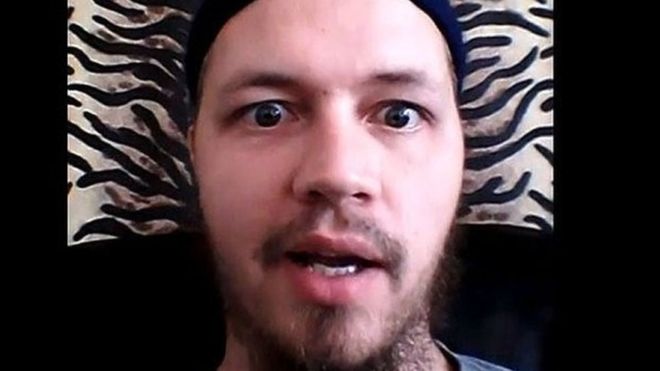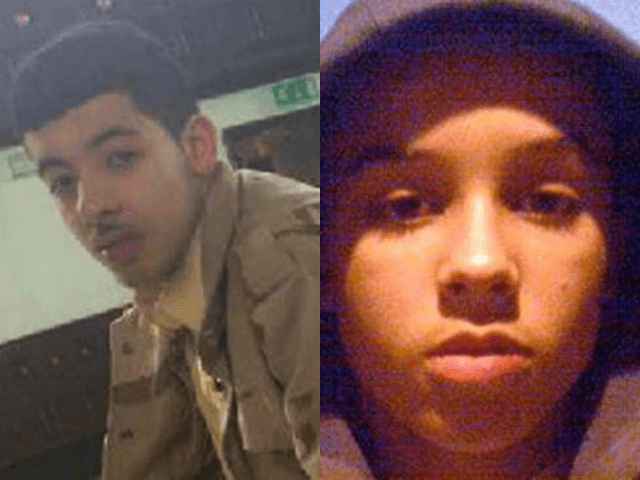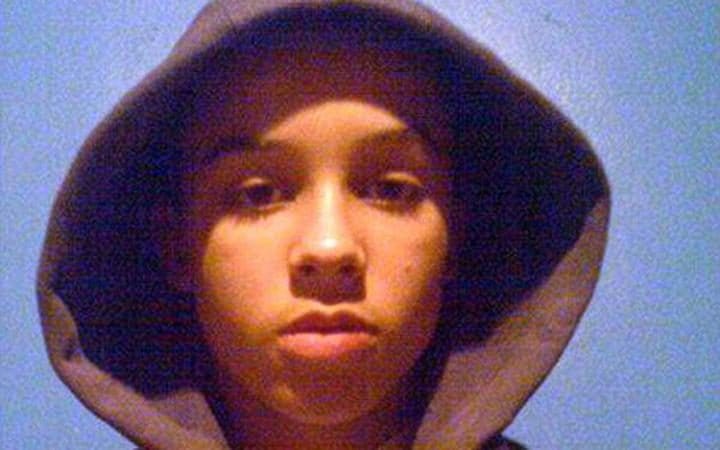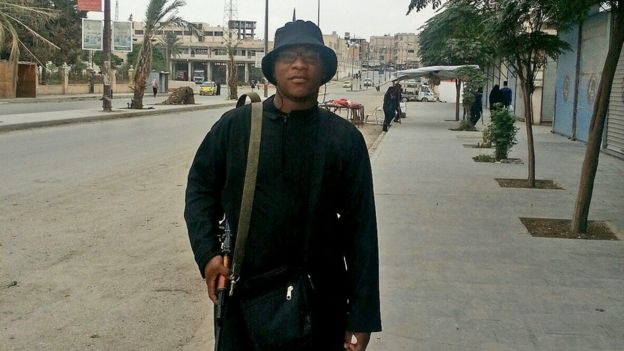An investigation by Sky News has revealed that Manchester Arena suicide bomber Salman Abedi was linked to a key Islamic State recruiter in Manchester.
Counterterrorism sources told Sky News there was a “significant” connection between Salman Abedi and Islamic State recruiter Raphael Hostey.
The news network revealed that Abedi, born to Libyan refugees, grew up in the same housing estates in south Manchester as a group of young men who became radicalised, some fighting with Islamic State in Syria and Iraq.
Information obtained by Sky News, the “IS Files”, detailed how Islamist fighter Raphael Hostey, from Moss Side, sponsored hundreds of terror recruits.
Hostey, who referred to himself as Abu Qaqaa al Britani, used social media to recruit hundreds of fighters to join Islamic State including dozens of Britons.
Counterterrorism sources established a “significant” connection between Abedi and Hostey, who grew up less than a mile away from Abedi’s home in Fallowfield. They spent time together and both worshipped at Didsbury mosque. Both are said to have become “disaffected with life in the West”.

Stephen Gray, aka Mustafa, former RAF gunner and Muslim convert. Currently in prison for terror offences
Hostey travelled to Syria in 2013 and was named in the “IS Files” as the sponsor for a series of young men and women, many from the North West of England, who travelled abroad as foreign fighters. He is thought to have been killed by a drone strike in Syria last year at the age of 24.
Moss Side, an area once known for drugs and gun crime, referred to as “Gunchester”, is believed to be the base of least 16 young men and women who have travelled abroad to fight with jihadi groups.
Hostey sponsored several young men from Moss Side to join Islamic State, including former RAF gunner and Muslim convert Stephen Gray (also known as Mustafa), Raymond Matimba, and Ronald Fiddler (aka Jamal al Harith).
Gray was imprisoned for terrorism offences, whilst Matimba and Fiddler are both dead. Matimba was killed fighting in Syria. Fiddler was killed when he carried out a suicide car bombing at an Iraqi army base in Tal Gaysum, south-west of Mosul, Iraq, in February 2017.
At the time this cell was formed, Peter Fahy, who was chief constable of Greater Manchester Police and counterterrorism lead for the Association of Chief Police Officers, told Sky News: “We didn’t really believe that this could happen.”
“Suddenly, organisations like ISIS could stream their poisonous ideology into a child’s bedroom, and still I think a lot of people believe that won’t have any impact.
“We started to see cases where young men, even young women, were receiving this stuff and making decisions to leave their families, abandon their futures and go out to conflict zones.”
He added: “If you look at the pattern we’ve seen in Manchester, Birmingham and parts of West Yorkshire, you’ve got some people who are open to that ideology.”
Greater Manchester Police are currently investigating a terror network.




COMMENTS
Please let us know if you're having issues with commenting.